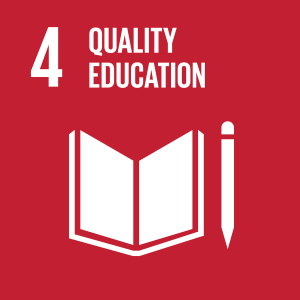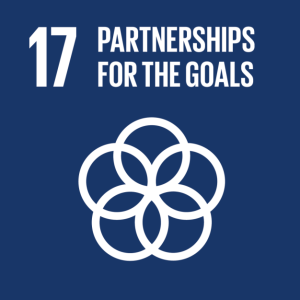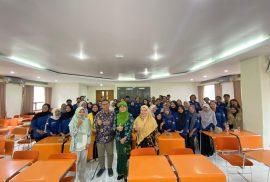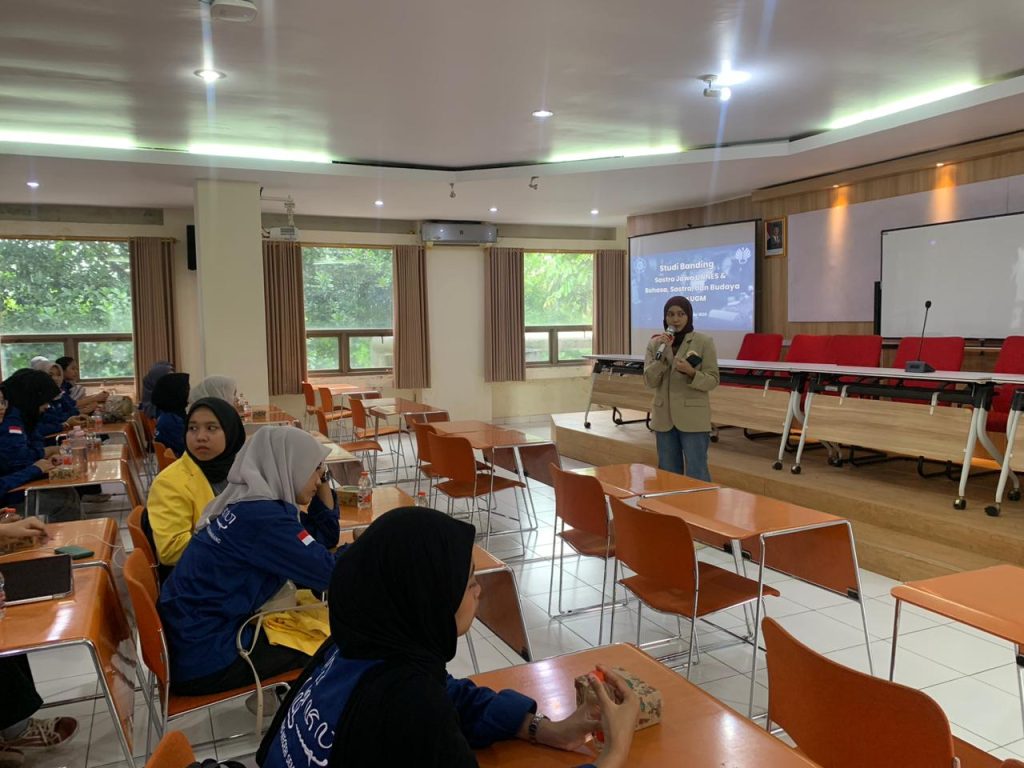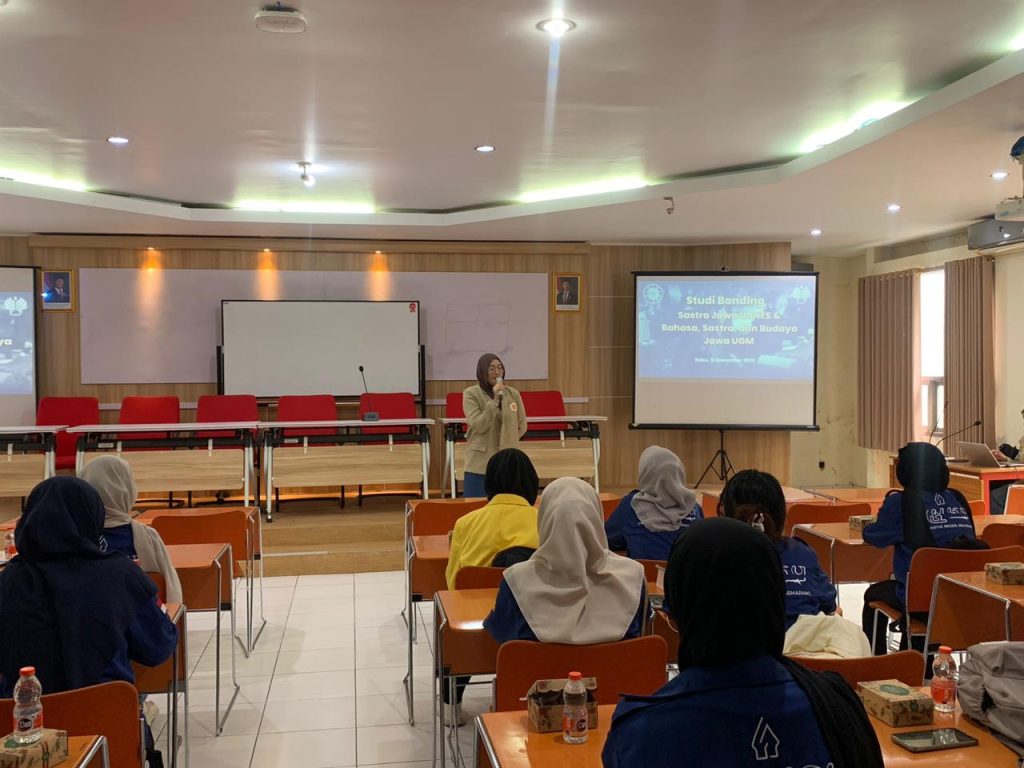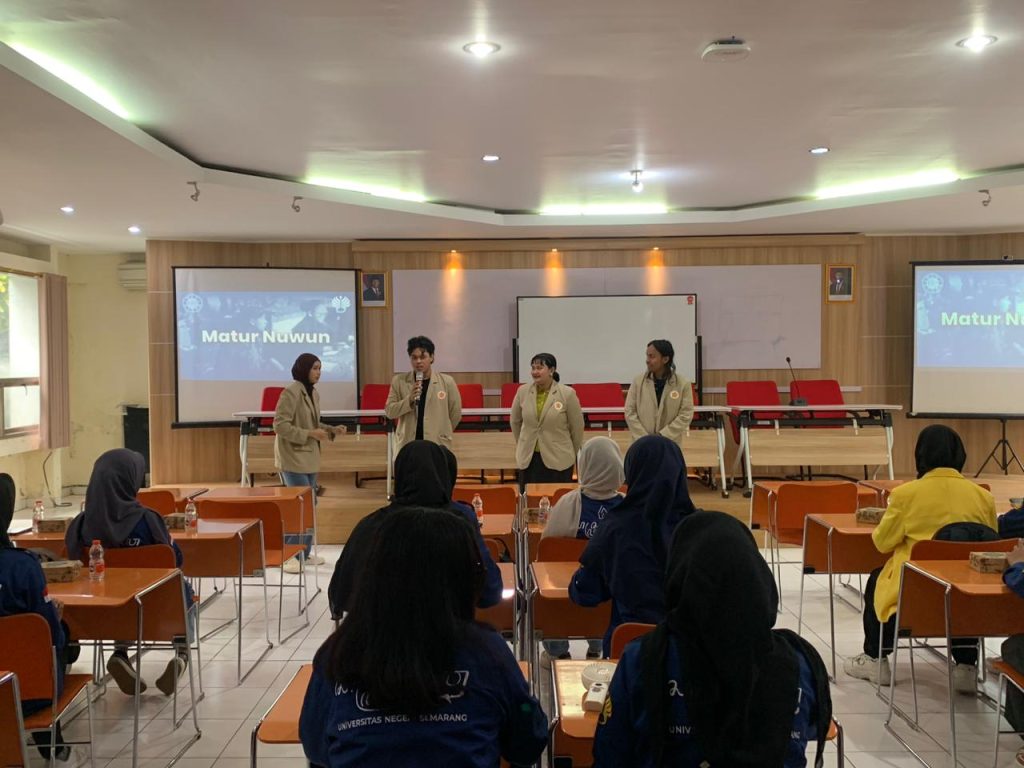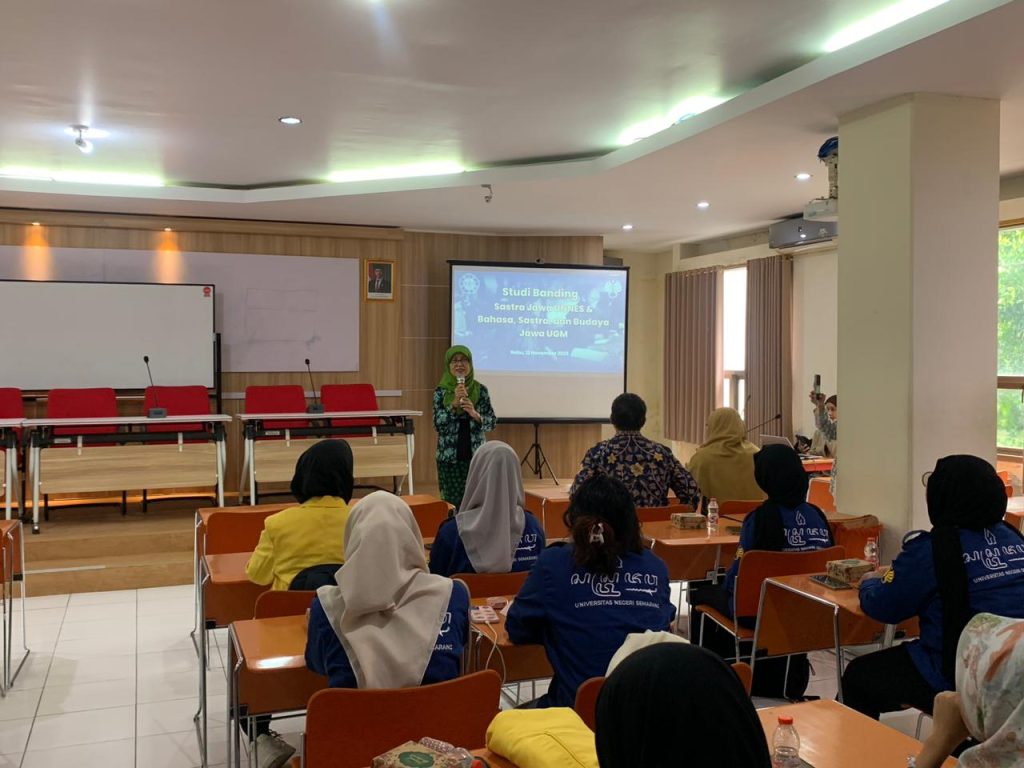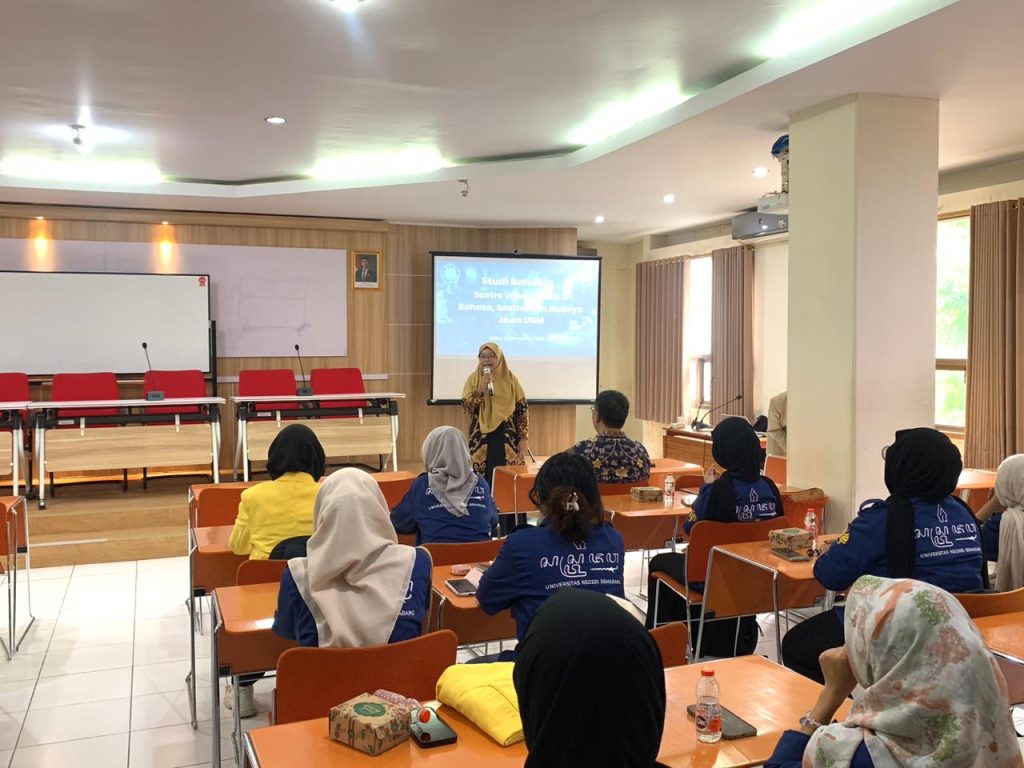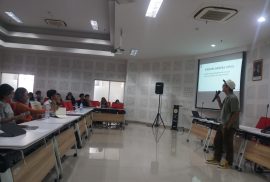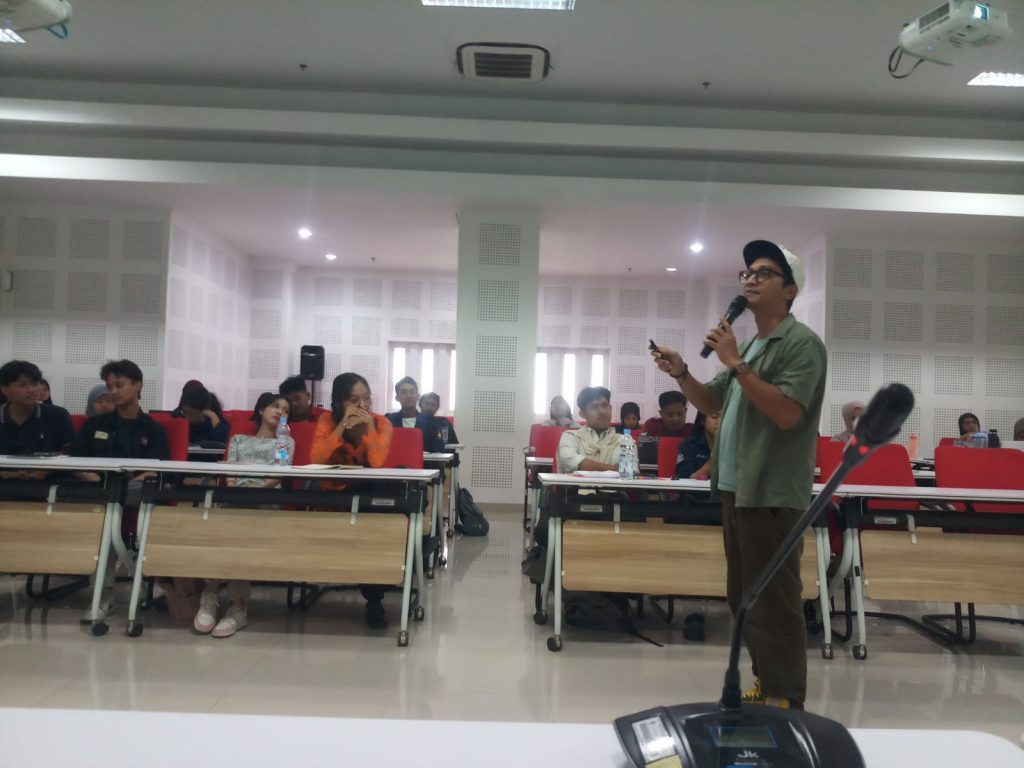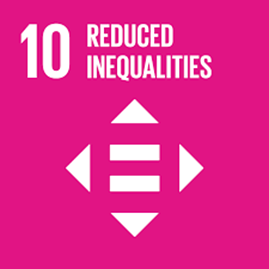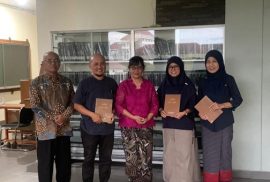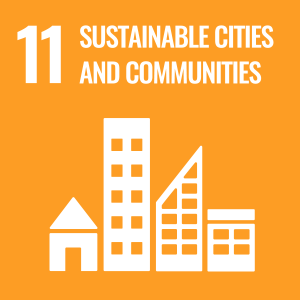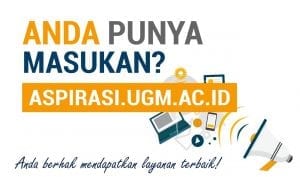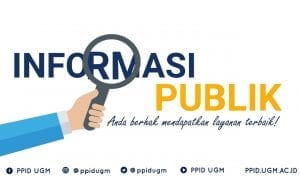The Challenge Facing Young Puppeteer Rafi Nur Fauzy in Performing Wayang Gedhog on National Puppetry Day
College StudentNewsSDGSStudentStudent's ActivityStudent's Work Thursday, 4 December 2025
The Surakarta Style Javanese Arts Unit (UKJGS) of Universitas Gadjah Mada (UGM) is collaborating with the Student Association of the Department of Puppetry (HMJ Pedhalangan) of the Indonesian Institute of the Arts (ISI) Yogyakarta to hold a collaborative Wayang Gedhog performance in commemoration of National Puppetry Day. The performance will take place on Thursday, November 27, 2025, at 7:00 p.m. WIB at the Pendapa Tari ISI Yogyakarta. This event is a collaborative synergy between young artists from UKJGS UGM and HMJ Pedalangan ISI Yogyakarta in preserving this rare performing art.
The Wayang Gedhog performance to commemorate National Wayang Day was organized by HMJ Pedalangan ISI Yogyakarta, inviting UKJGS UGM to participate. As the coordinator of the Pedhalangan division at UKJGS UGM and a student of the Javanese Language, Literature, and Culture Program at UGM, Muhammad Rafi Nur Fauzy explained that this is a great opportunity to introduce UKJGS's work in the field of pedalangan, while also enlivening the National Wayang Day celebration.
The role of puppeteer in this Wayang Gedhog performance was entrusted to Rafi, accompanied by music from other UKJGS members. This performance featured Wayang Gedhog because Wayang Gedhog performances are rarely staged. This type of puppet show had been dormant for a long time and was revived several decades ago. Wayang Gedhog performances are actually considered stiff because they are constrained by the palace hierarchy in their content. Wayang Gedhog was also featured as an introduction to the rich heritage of puppetry to the general public.
The story of Panji Laleyan Duta (Sayembara Keris Jaka Piturun) was chosen to be performed because it was relevant to the current situation and information that was happening and becoming a hot topic of discussion in society, namely the polemic over the change of king in the Surakarta (Solo) Palace. According to Rafi, we need to question how this Javanese monarchy can survive in the midst of a democratic situation. Not only in the Surakarta Palace, but also in Yogyakarta.
As a student of the Javanese Language, Literature, and Culture Study Program at UGM, Rafi expressed his joy and pride at having the opportunity to perform Wayang Gedhog. Currently, not many puppeteers are willing to perform Wayang Gedhog because the performance is considered difficult due to its fixed accompaniment. Only a few puppeteers understand the performance. With the guidance of Dr. Rudy Wiratama, S.I.P., M.A., a lecturer in the Javanese Language, Literature, and Culture Program, Rafi was able to successfully perform Wayang Gedhog, which is considered difficult.
The Wayang Gedhog performance supports the achievement of SDG point 4 Quality Education and point 8 Decent Work and Economic Growth, namely as a medium of education and introduction to the treasure trove of wayang and enriching knowledge about cultural heritage in the academic environment, as well as an opportunity for the regeneration of performing arts and livelihoods for young artists. Not only that, this performance contributes to the achievement of SDG point 16 Peace, Justice, and Strong Institutions by using the role of art as a means to voice constructive criticism of the leadership polemic in the Surakarta Palace. The participatory collaboration between UKJGS UGM and HMJ Pedhalangan ISI Yogyakarta supports the achievement of SDGs and point 17 Partnerships for the Goals.
Author: Maysa Putri Fatihah
Editor: Haryo Untoro



